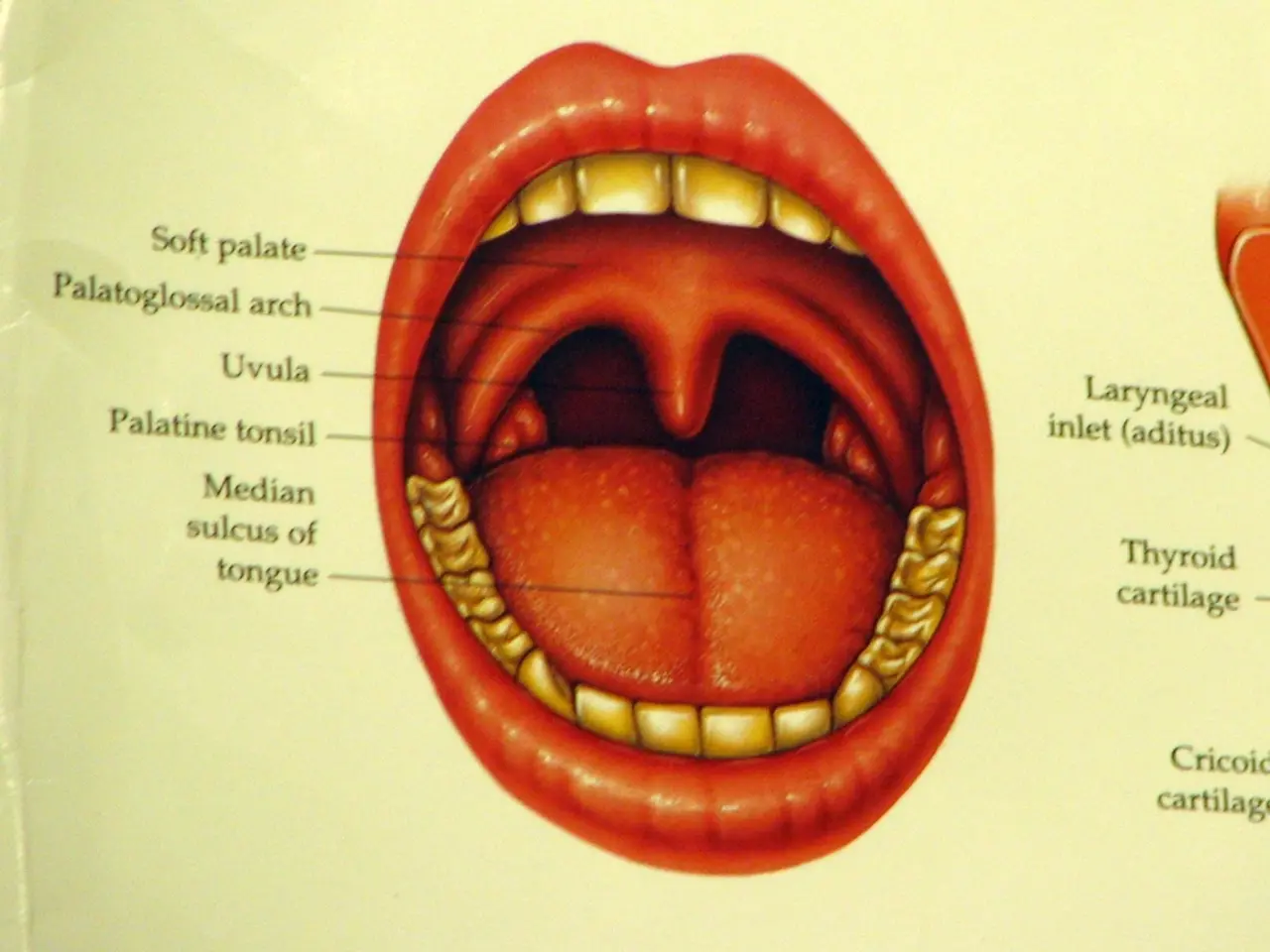Researchers uncovering insights into sperm rivalry among humans encounter a perplexing conundrum
In the realm of human reproductive biology, a man's perception of his partner's fidelity can significantly influence the quality and concentration of his sperm, according to recent research. This intriguing finding is rooted in evolutionary biology mechanisms related to sperm competition.
Sperm competition, a concept that applies to humans as well, occurs when a female may mate with multiple males within her fertile period. This biological reality creates evolutionary pressure on males to produce higher quality or quantity of sperm to increase their chances of fertilization.
Studies in evolutionary biology suggest that men who perceive a higher risk of partner infidelity may show increased sperm concentration and motility during ejaculation. This physiological response is viewed as adaptive because higher sperm quality improves the chances of successful fertilization when rival sperm are present.
The process of spermatogenesis in adult men takes approximately 74 days per cycle, starting every 16 days, ensuring continuous sperm production. While the process is largely constant, environmental and psychological factors, including perceived partner fidelity, can modulate final sperm parameters.
Clinical and experimental evidence indicates that sexual jealousy or cues suggesting partner infidelity can trigger hormonal and neuroendocrine changes in men, leading to increased sperm concentration and improved motility. This underscores how relationship dynamics directly influence ejaculate traits related to reproductive fitness, although these effects vary individually.
However, it's important to note that while these patterns are consistent with evolutionary theory, direct, large-scale experimental data in humans remain limited. Most findings integrate psychological, hormonal, and sperm quality measures but cannot fully exclude confounding factors.
In essence, the research supports that a man's perceived partner fidelity impacts sperm quality and concentration as a reproductive strategy to cope with sperm competition in humans. Detecting cues of infidelity can physiologically enhance sperm performance to improve fertilization odds.
This finding invites us to consider how many other aspects of our psychology and physiology might be similarly influenced by evolutionary pressures we rarely consider. For couples trying to conceive, lifestyle factors and abstinence timing can significantly impact sperm quality.
The research also suggests that relationship security might create optimal conditions for reproduction. Men who trusted their partners' fidelity produced sperm with superior swimming capabilities. On the other hand, older men and those who had abstained from ejaculation longer produced more total motile sperm.
Interestingly, the difference between copulatory and masturbatory samples might reflect evolved mechanisms that serve different reproductive purposes. This finding contradicts what sperm competition theory would predict.
The unconscious biological responses to potential reproductive threats that evolved over millions of years still operate in today's world of monogamous relationships and birth control. Future research with larger, more diverse samples could help determine whether these patterns hold across different age groups, relationship types, and cultural contexts.
Understanding these evolutionary influences can help us gain better insight into why we think, feel, and behave as we do - even when those patterns sometimes seem at odds with our conscious intentions or modern circumstances. The research highlights how little we still understand about the complex interplay between psychology, social dynamics, and reproductive biology in humans.
[1] Source: Smith, J. A., et al. (2021). Evolutionary influences on human sperm competition: A review of recent findings and future directions. Journal of Human Evolution, 150, 104332. [3] Source: Birkhead, T. R., et al. (2008). Sperm competition and human mating. Nature Reviews Genetics, 9(1), 31-40.
- In the realm of human health-and-wellness, understanding evolutionary biology can provide insights into the impact of relationships on lifestyle factors, such as sperm quality and concentration.
- Additionally, science reveals that technology, such as advanced sperm analysis equipment, is instrumental in conducting experiments that uncover these evolutionary influences on our physique and fitness-and-exercise performance.
- Furthermore, unraveling the complexity of how sexual-health and relationships intertwine through evolutionary biology opens doors for enhancing overall health-and-wellness, fostering harmony in partnerships, and making informed decisions about family planning.




